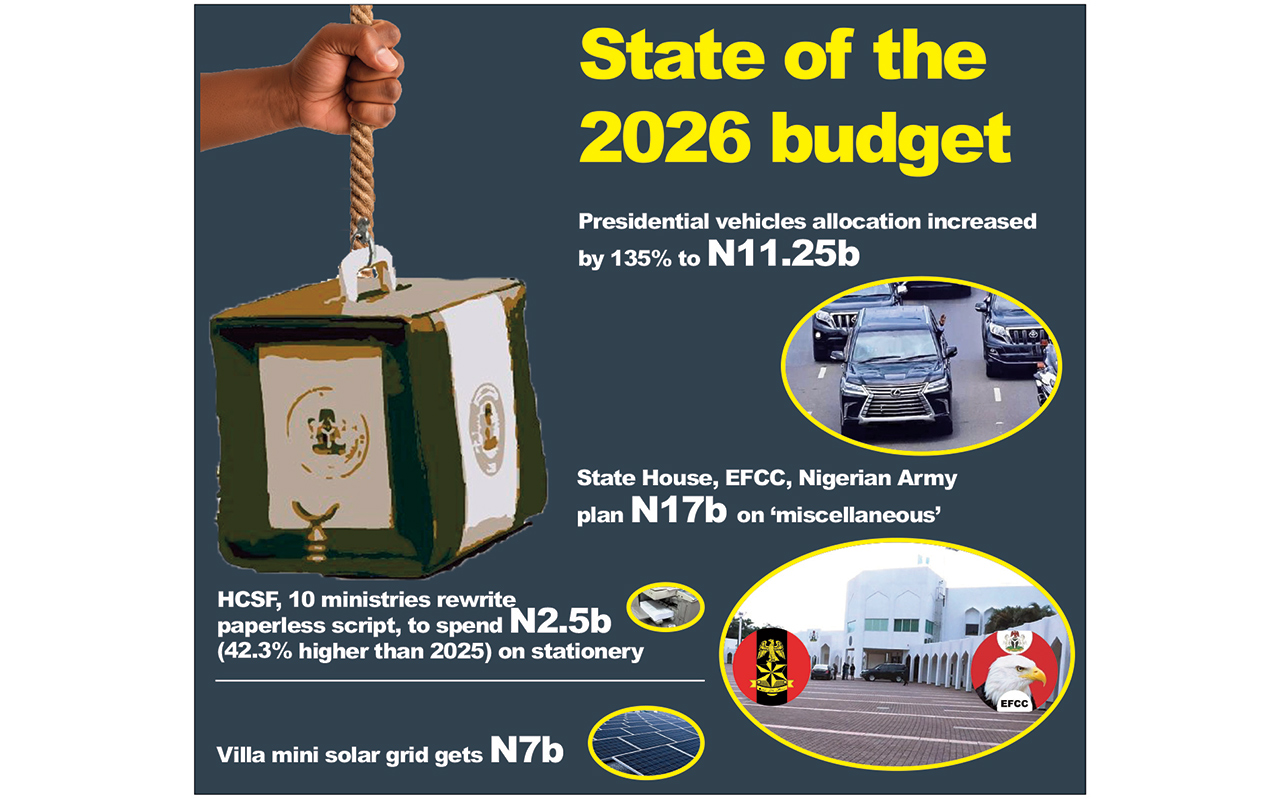A new study by Moniepoint Inc. has revealed that livestock traders in the North-East region experience a significant surge in sales and income during festive seasons, particularly Eid al-Adha and Christmas.
According to the report, traders at Kasuwan Shanu in Gamboru coordinate the movement of hundreds of cattle, goats and rams during peak periods, with an average of 50 trucks dispatched daily to major cities like Lagos, Port Harcourt, and Onitsha.
Prices soar during these periods, with rams rising by over 230% and goats commanding increases of 400% to 470%, depending on demand.Beyond seasonal trading, the report highlights a shift towards a more investment-minded approach among livestock tradersRather than relying solely on quick turnover, many now purchase and raise livestock in advance to increase resale value.
This added layer of value creation is contributing to a more stable and profitable business model for traders across the region, underscoring the growing sophistication of the nation’s informal livestock economy.
The agriculture sector, which is the bedrock of the country’s non-oil economy, contributed 24.64 per cent to the nation’s real GDP in the fourth quarter of 2024.
The positive trends amplified in this study must be viewed against the backdrop of the North-East, as a region that has been grappling with the economic fallout of the area’s volatility and decade-long conflict, estimated to have cost the nation over $100 billion.
Smallholder farmers dominate food production in the region, with over 80 per cent cultivating less than two hectares and producing nearly 90 per cent of the country’s food. In Borno State alone, farmers produce more than two million metric tons of staple crops yearly, and the informal market remains the primary engine driving the movement of these goods.
The report found that 51.2 per cent of traders in Borno source their goods from Maiduguri, a hub that serves as a conduit for livestock, grains, vegetables, and agrochemicals to cities across Nigeria. Yet despite this scale, most transactions still happen outside formal banking structures.
“Our research shows that credit is mostly informal, payments are often made in person, and records are kept by memory or handwritten ledgers,” the report noted.
The firm’s CEO Tosin Eniolorunda, said: “Moniepoint believes financial inclusion is not just about access. It’s about dignity, about enabling people to transact on their terms. What’s happening in the North-East today is significant. Farmers and traders, who were once excluded from formal systems, are now part of a national digital network, able to access capital, manage risk, and grow. This shift isn’t just tech-enabled, but it’s structurally impactful work. It’s about creating an economy where everyone can participate, no matter their location or background.”






